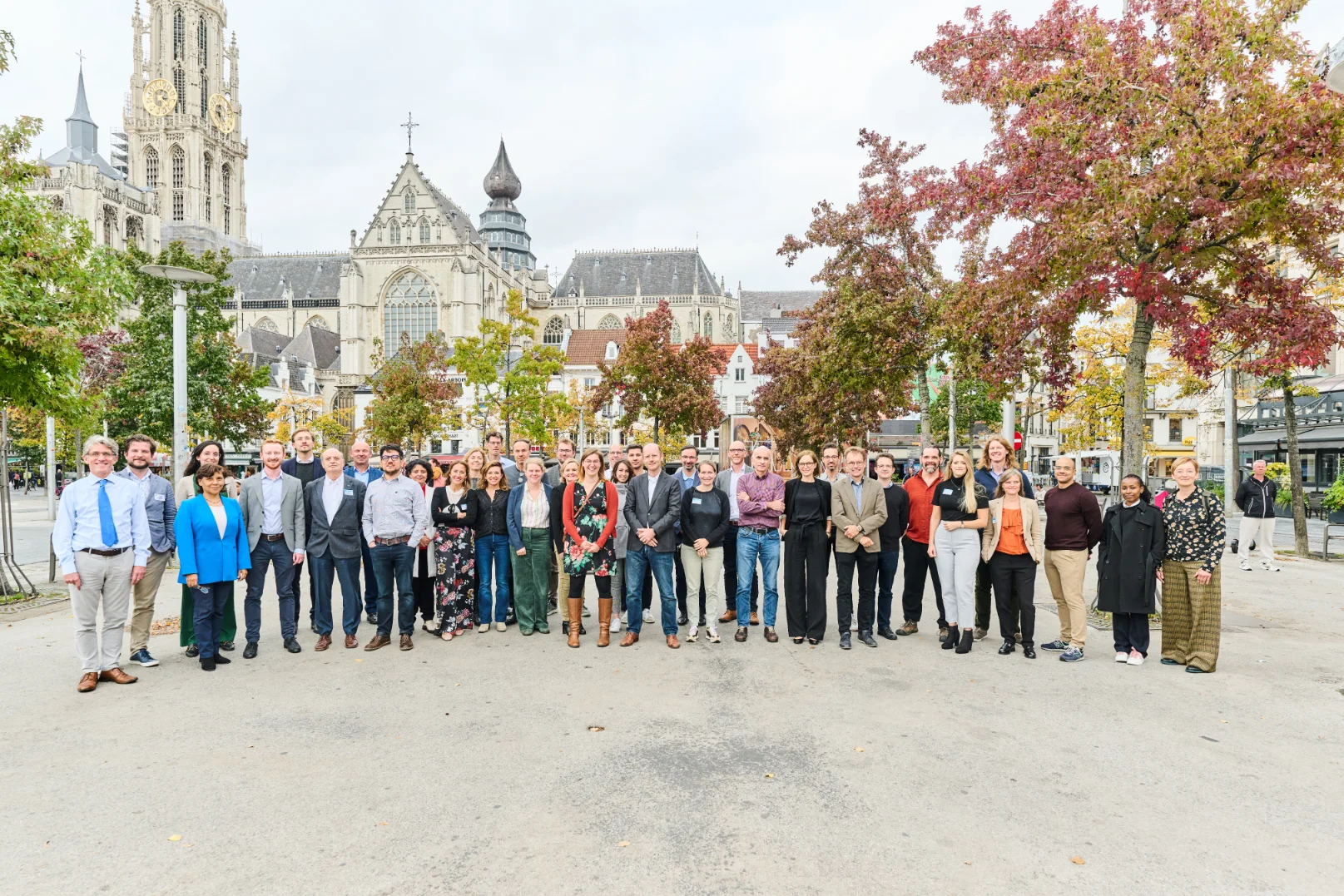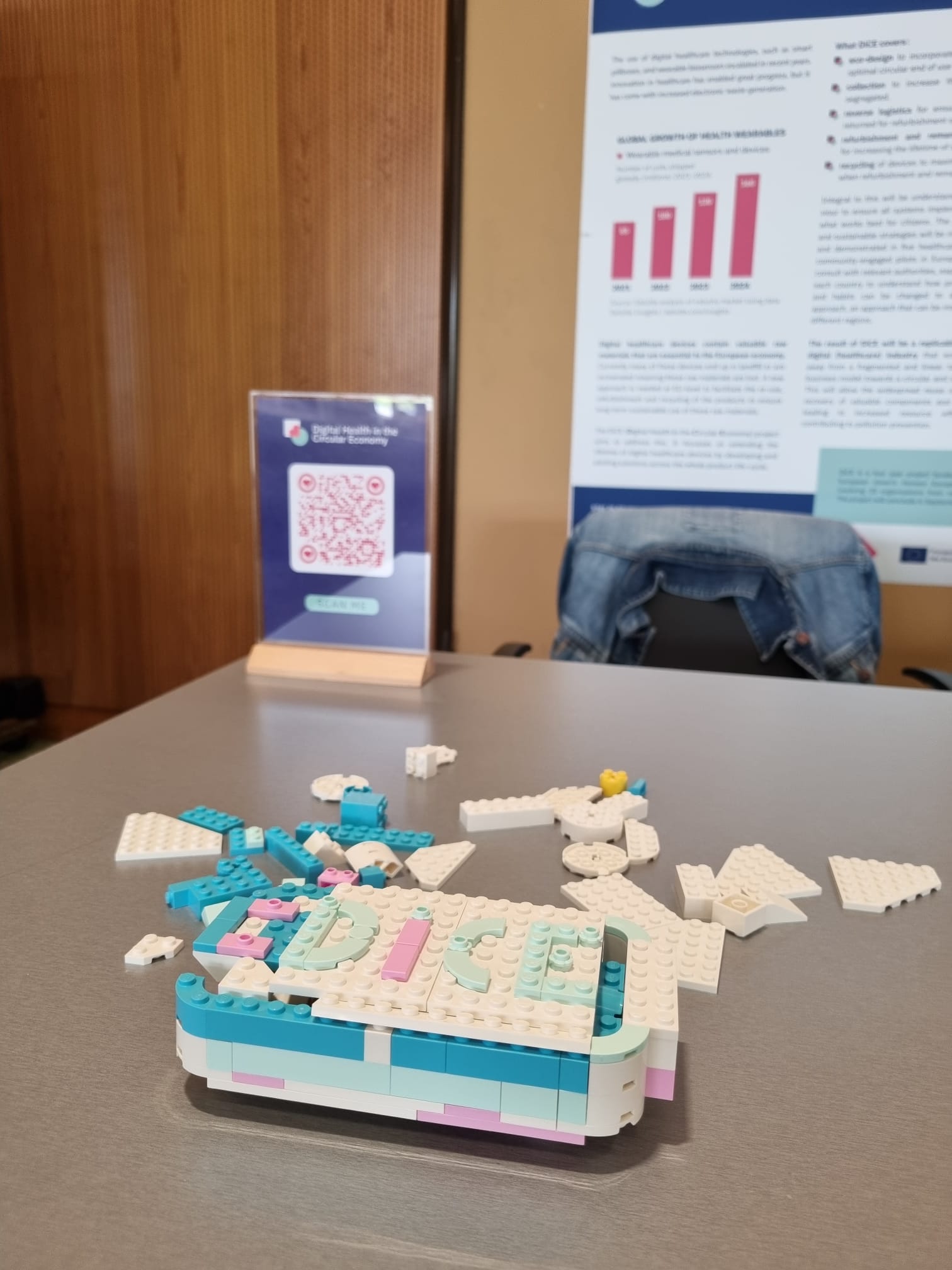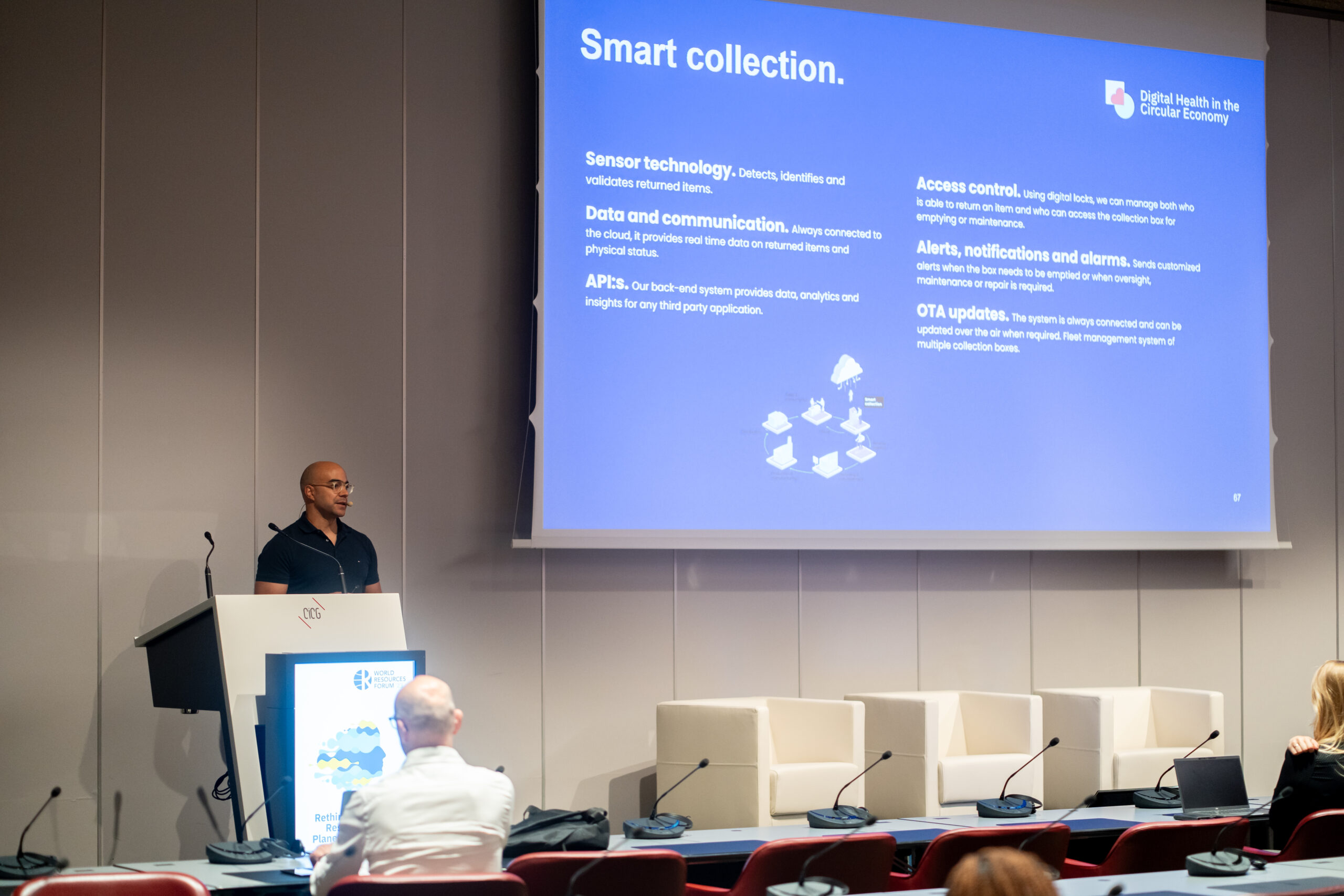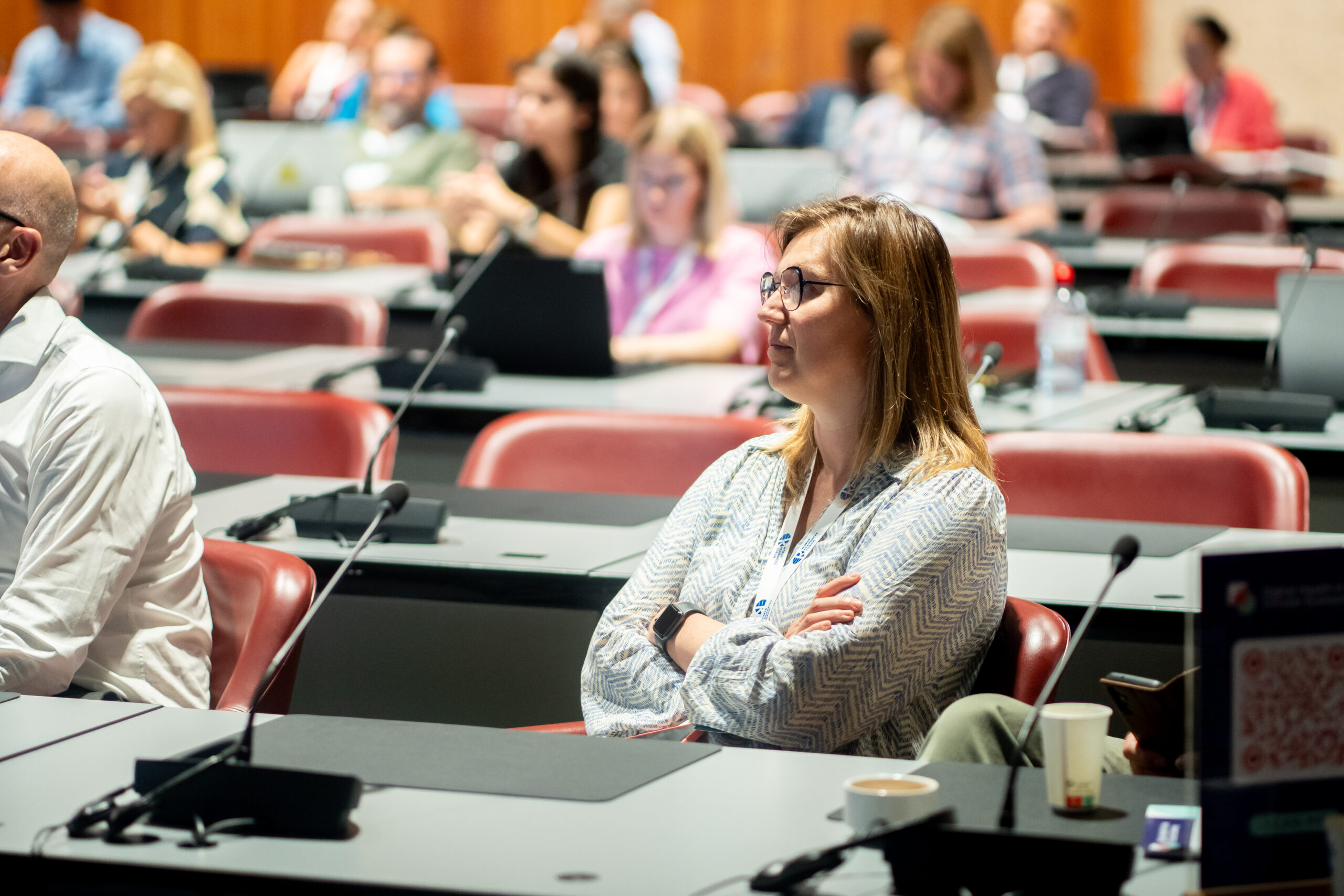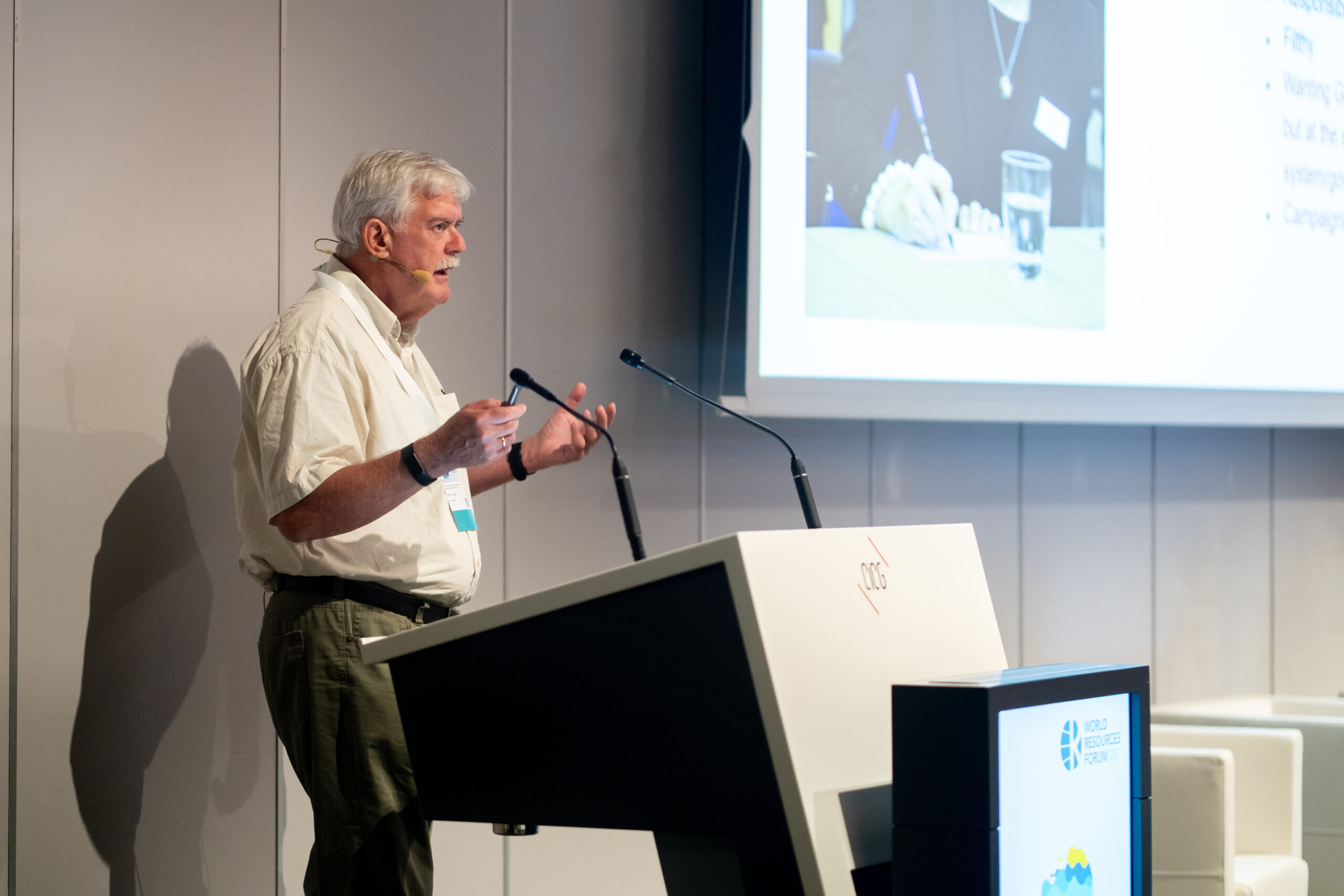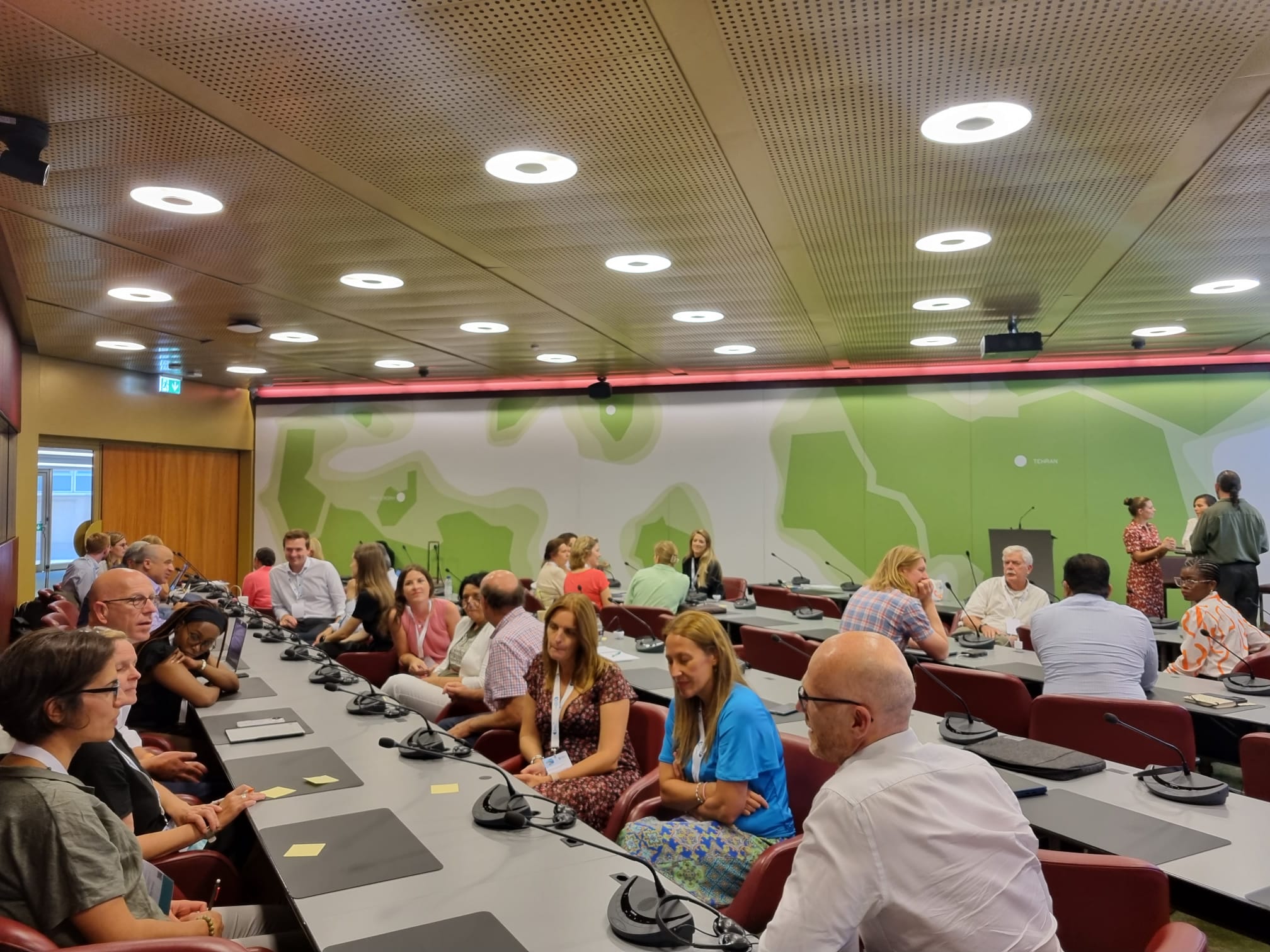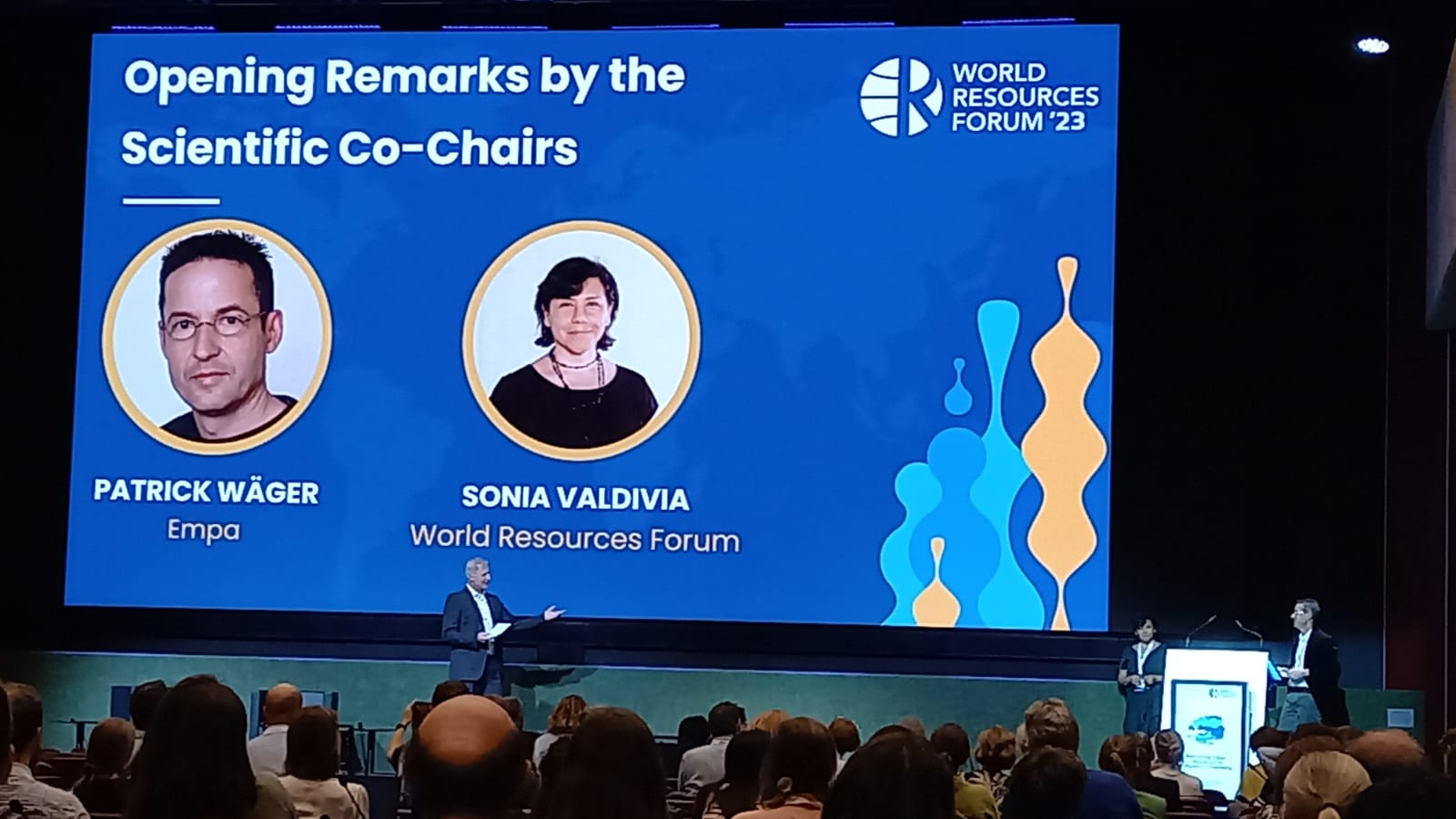Launched in October 2022, the Digital Health in a Circular Economy (DiCE) project, led by Janssen Pharmaceutica NV, aims to address the issue of increasing digital health waste. It will do so by targeting every point in the lifecycle of digital health devices from design to disposal.
The DiCE collaboration involves 20 organisations from nine countries, representing the manufacturing industry, research, and recycling sectors. The project commenced on 1st October and will conclude in September 2026. It has received funding through the European Union’s Horizon Europe programme.
Use of digital health devices is predicted to increase rapidly over the next five years, with expected annual global growth rates of almost 20% by 2027. 1 Devices such as smart pill boxes, electronic blood collection devices, wearable monitors, and intelligent labels are increasingly being used to improve healthcare efficiency and conditions for patients, but these devices present an expanding e-waste challenge.
As with many other electrical and electronic equipment, digital health devices contain critical and valuable raw materials that are important to the European economy. With the latest figures from Eurostat and the United Nations showing that less than 40% of all e-waste is reported as being properly recycled in the EU, and less than 20% globally, this growing waste stream is a challenge.2
E-waste from healthcare may pose biological or chemical contamination, leading to its incineration, with or without energy recovery. This means that all item contents are destroyed. With the growth in the use of digital healthcare products and increasing demand for raw materials to manufacture new electronic devices and other equipment, a new approach is needed. The European Union is also pushing for change; of the 16 ethical EU principles for digital health developed by the French Presidency of the EU, four focus on environmental sustainability, including eco-design, reuse, and recycling.
A central objective of DiCE is to extend a product’s lifetime. DiCE will focus on testing and piloting solutions for a product’s end-of-life. The project will take into consideration design, state of the art refurbishment, remanufacturing and recycling technology that could allow maximum recovery of the product, its components and, when reuse options are no longer available, its materials. DiCE will thus support transition from a fragmented and linear “take-make-waste” business model towards a circular and sustainable one, allowing the reuse of products and recovery of components and raw materials.
The project will focus on four products: an ePaper label, a smart wearable sensor, a smart pill box, and an endo-cutter used in surgical procedures, each of which presents different issues. The product innovations developed by the project across eco-design, collection, and reverse logistics will be implemented, tested, and demonstrated in five healthcare systems through community-engaged pilots in Norway, Belgium, Slovenia, Spain, and Germany.
Collaboration Partners
- JANSSEN PHARMACEUTICA NV
- JOHNSON & JOHNSON MEDICAL B.V.
- JANSSEN-CILAG BV
- UNIVERSITEIT GENT
- WEEE FORUM
- RECUPEL VZW
- FUNDACION ECOLEC
- THOMAS MORE KEMPEN VZW
- TECHNISCHE UNIVERSITEIT DELFT
- GAME SOLUTIONS LAB BV
- GRIN AS
- RUHR-UNIVERSITAET BOCHUM
- PHILIPS ELECTRONICS NEDERLAND BV
- INTRAS FUNDACION INTRAS
- REGIONALNA RAZVOJNA AGENCIJA ZA PODRAVJE – MARIBOR
- COPENHAGEN BUSINESS SCHOOL
- EKOSIJ D.O.O.
- INSTYTUT EKOLOGII TERENOW UPRZEMYSLOWIONYCH
- MIREC BV
- WORLD RESOURCES FORUM ASSOCIATION
Funded by the European Union. Views and opinions expressed are however those of the author(s) only and do not necessarily reflect those of the European Union or European Research Executive Agency (REA). Neither the European Union nor the granting authority can be held responsible for them.
Sources

